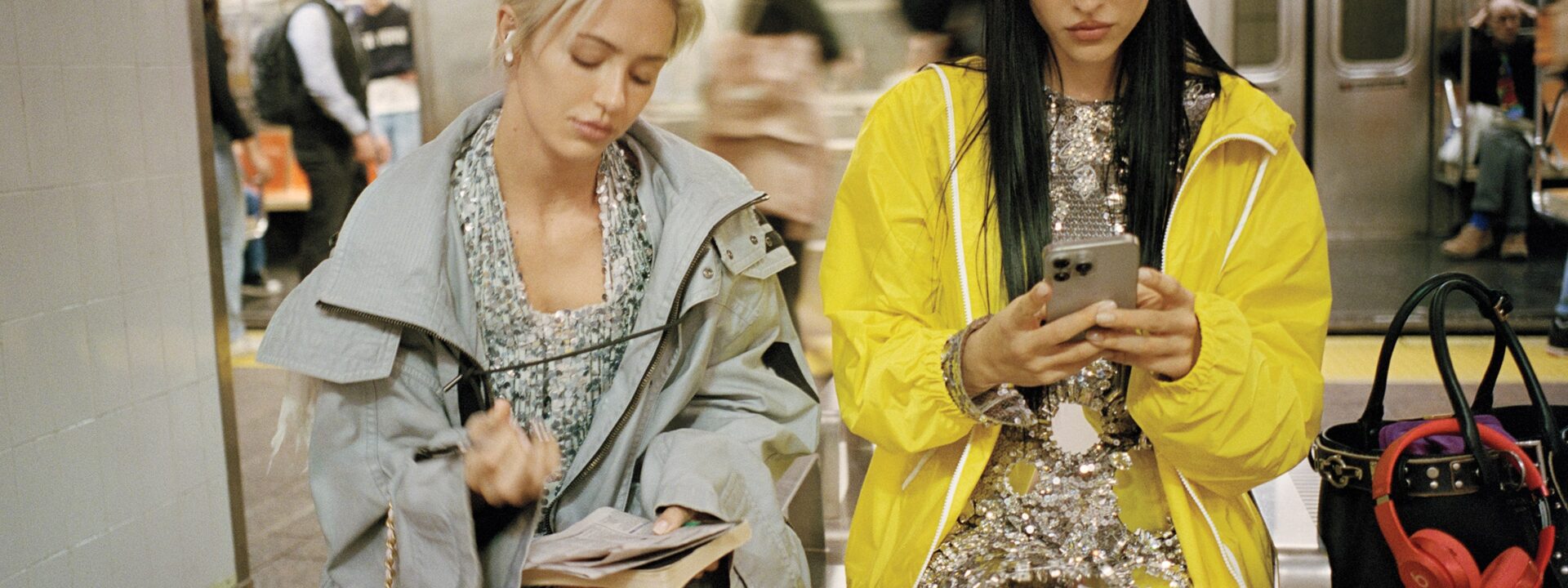Earlier this year, I read a life-changing book: Jenny Odell’s How to Do Nothing. First published in 2019 and given to me by a friend (thanks, Emily Chan!), I initially avoided it, assuming it was a self-help book urging me to unplug and move to a countryside yurt, living off the land and staring at the sky for fun. But I was wrong—Odell’s book is actually an art book disguised as self-help. As an artist, writer, and academic, she uses contemporary art to examine the attention economy—how it keeps us hooked, anxious, and glued to our devices.
This isn’t a book of quick fixes. Instead, it reshapes how you think about the digital distractions constantly vying for your focus—bright ads, endless scrolling, and notifications demanding immediate attention.
After reading it, I became hyper-aware of my phone habits. It’s fine to use my phone or laptop when I need to, but why do I mindlessly scroll when I don’t?
For example, I love Letterboxd—it’s dark, simple, and notification-free, so I can check it and leave easily. On the other hand, Duolingo is designed to keep users coming back daily with streaks and leaderboards. But I realized I could use it only when I wanted to learn, ignoring the pressure to maintain a streak. Sure, the app scolds me (that crying green owl is relentless), but this is my small act of resistance.
Then there’s screen time. Mine averaged two and a half hours a day, but I felt better when it was lower. Turning off notifications entirely felt too extreme—I like reviewing them in batches—and grayscale mode just made everything bleak. Hiding my phone didn’t work either; I’d worry about missing something important and end up checking it again.
Finally, I found a ridiculously simple solution: lowering my screen brightness when not in use. Now, notifications don’t light up the screen, so I don’t instinctively look. When I take a break, I turn the brightness up and check what I need to.
Has this caused me to miss calls? Yes, but most were spam—I rarely answer calls anyway. Missed messages? Sometimes, but I see them an hour later. It’s rarely urgent. I’m also privileged—no kids, elderly parents, or a job requiring constant availability. If you’re in a similar position, it’s worth trying.
Now, my screen time averages about an hour a day.I now limit myself to about half an hour of phone use per day, which feels like the right amount for now. I also use my phone more purposefully instead of just scrolling mindlessly.
This habit has led to some funny moments. Recently, my colleague Emily—the same one who unintentionally inspired this change—saw me staring at what looked like a blank phone screen and asked if I was okay. (I sometimes forget to turn up the brightness when checking something quickly.)
Still, I’m glad those constant shifts from laptop to phone—usually just to see a random forwarded message or pointless update—are mostly behind me. My mind feels calmer because of it.
